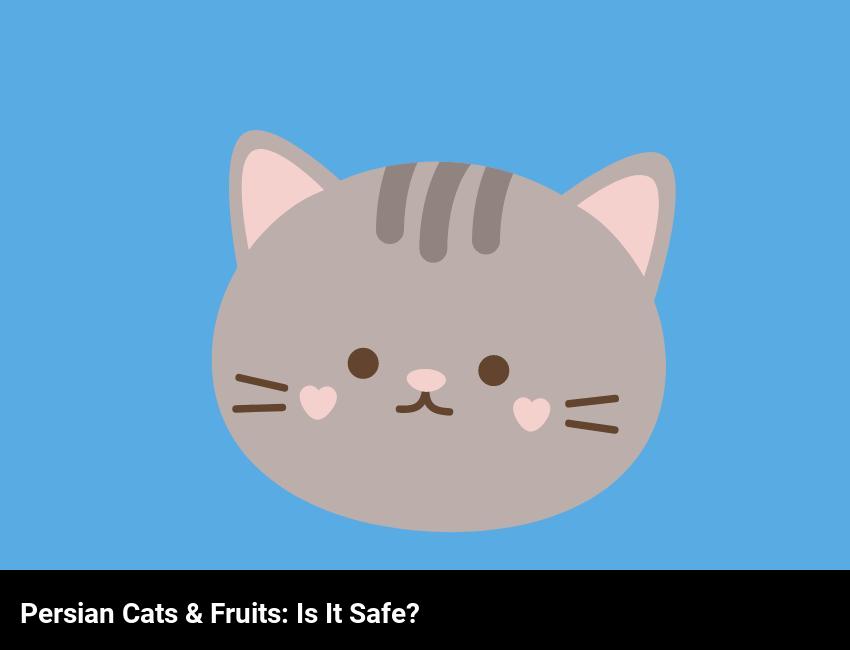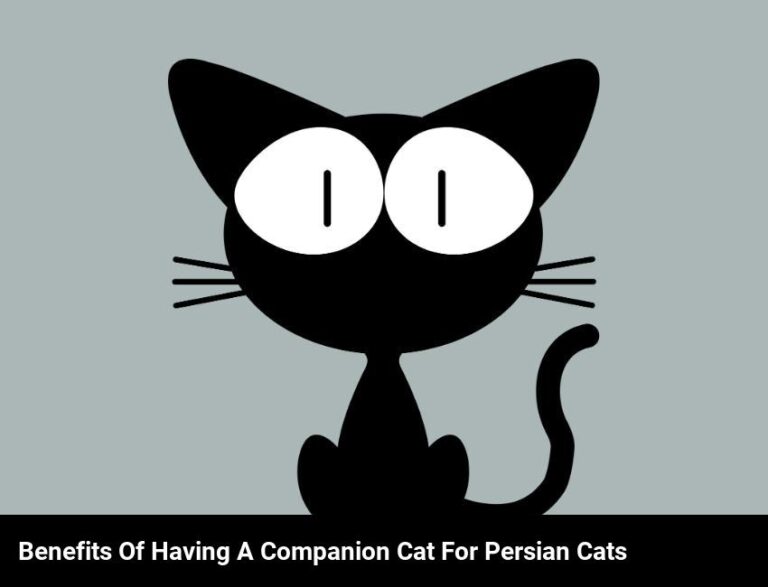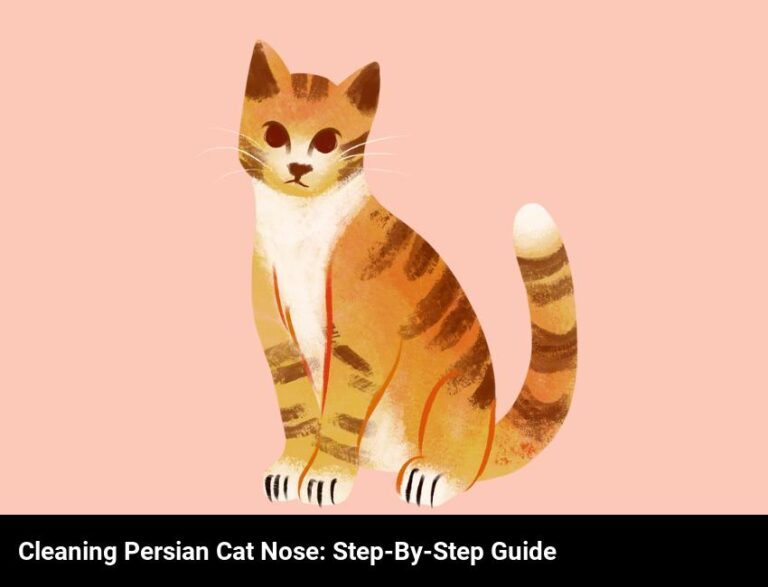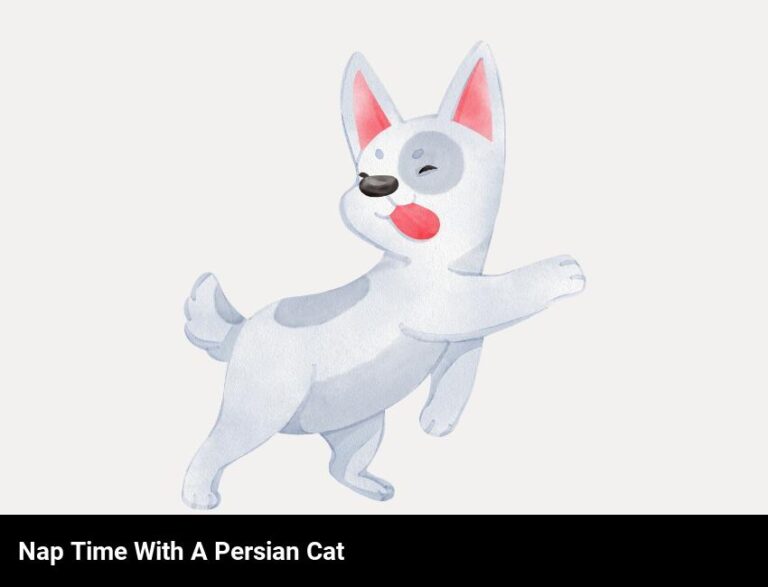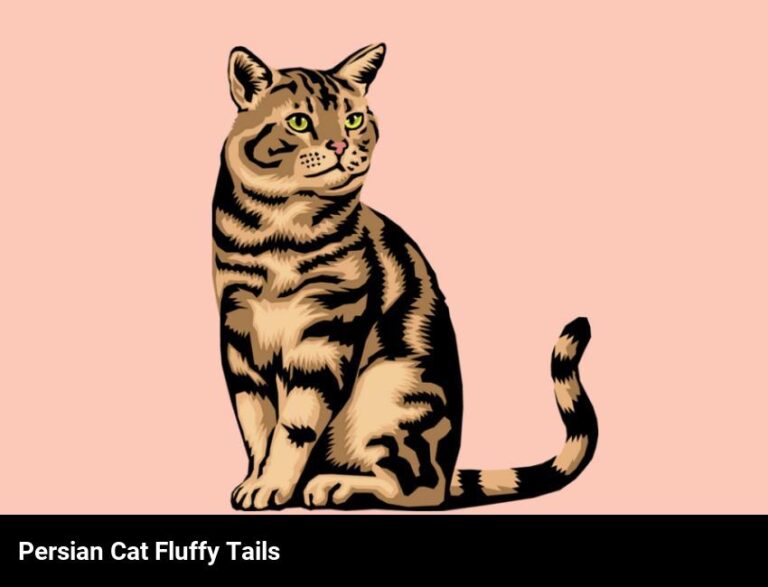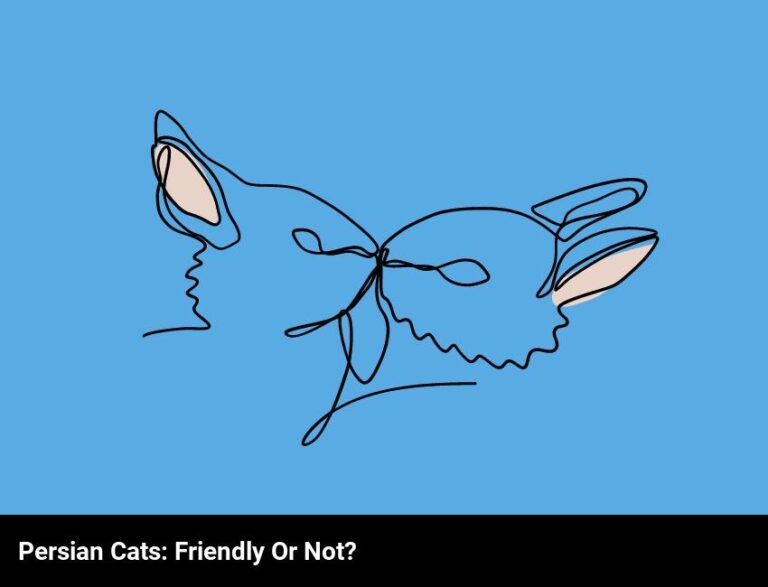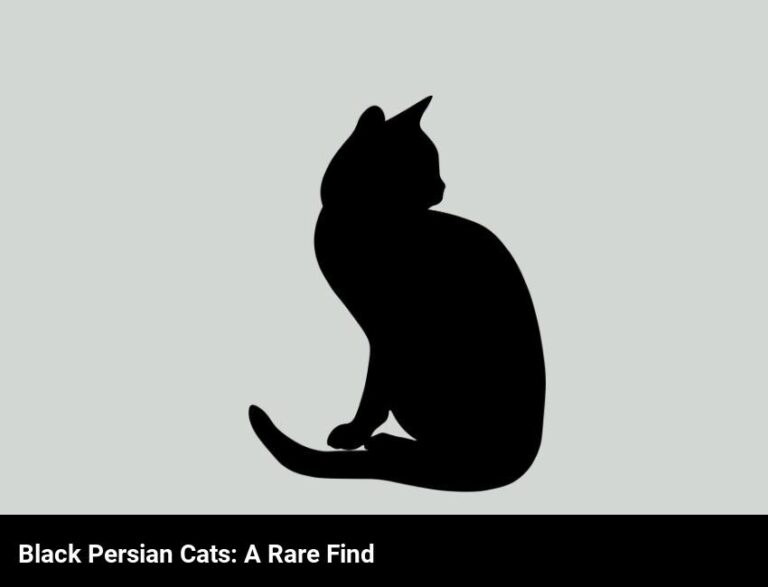Can Persian Cats Safely Eat Fruits?
Yes, Persian cats can safely eat fruits. Fruits can provide additional vitamins and minerals to compliment their regular diet. However, some fruits, such as grapes, raisins and avocados, can be poisonous to cats and should be avoided.
As a Persian cat owner, I’ve often wondered if my beloved pet can safely eat fruits without any health risks. After all, cats are obligate carnivores and their diet should mainly consist of meat-based proteins. But, I wanted to make sure that my cat can reap the benefits of eating fruits, such as getting vitamins and minerals, without any potential harm.
So, I decided to do some research on the topic and I was amazed to find out that Persian cats can safely eat some fruits. It turns out, certain fruits can provide Persian cats with essential vitamins and minerals they need in their diet. However, it is important to ensure that Persian cats are getting the right amount and not overindulging.
What fruits are safe for persian cats to eat?
Yes! Persian cats can safely eat fruits. But, you do need to be careful about which fruits you give them. You should avoid giving your Persian cat citrus fruits, like oranges, lemons, and limes, as these can upset their stomachs. Instead, opt for fruits like apples, bananas, and blueberries, which provide cats with essential nutrients, fiber, and vitamins. You should also be sure to watch how much your cat eats, as too much of any fruit can lead to indigestion and other digestion issues.
Another thing to consider is that some fruits can be toxic for cats, so it’s important to do your research and make sure that you’re giving them safe fruits. For instance, grapes, raisins, and avocado should be avoided at all costs, as they can cause toxicity.
You can also give Persian cats fresh vegetables as a healthy treat. Carrots, celery, and cucumbers are all good options. The crunchy texture and natural sweetness of these vegetables can be a great way to keep your Persian cat entertained, while providing them with essential vitamins and minerals.
When giving your Persian cat fruits and vegetables, it’s important to make sure they are washed thoroughly and cut up into small pieces. This will help to reduce the risk of your cat choking on the pieces. Additionally, if you’re adding any spices or seasonings to the food, make sure they are cat-safe as some spices can cause gastrointestinal irritation.
In conclusion, Persian cats can safely eat fruits, as long as you choose the right ones. Be sure to do your research and avoid anything that could be toxic to them. Additionally, make sure that the fruits and vegetables you give them are washed thoroughly and cut up into small pieces to reduce the risk of choking.
What are the benefits of giving persian cats fruits?
Yes! Giving Persian cats fruits can be a fun and healthy way to treat your furry friend. Here are some of the benefits of giving Persian cats fruits:
- Fruits provide essential vitamins and minerals: Fruits provide your cat with important nutrients that help keep them healthy and fit. Plus, they’re a natural source of antioxidants, which can help support your cat’s immune system.
- Fruits can help with digestion: Fruits are high in fiber, which can help keep your Persian cat’s digestive system running smoothly.
- Fruits can help cats maintain a healthy weight: Fruits are low in calories, so they can help keep your cat’s waistline trim and healthy.
- Fruits can help cats get extra hydration: Since fruits are up to 90% water, they’re a great way to help your Persian cat stay hydrated.
- Fruits are a tasty treat: Most cats love the taste of fruits, so they can be an enjoyable and healthy treat for your furry friend.
So if you’re looking for a fun and healthy way to treat your Persian cat, consider adding some fruits to their diet.
What signs indicate a persian cat has eaten too much fruit?
When it comes to determining if your Persian cat has eaten too much fruit, there are some signs you should look out for. Firstly, if your Persian cat is lethargic, has an upset stomach, or is vomiting, it could be a sign that they have eaten too much fruit. Secondly, if your Persian cat is drinking more water than usual, it could be because the sugar in the fruit is causing them to be thirsty. Lastly, if your Persian cat is producing more feces than usual, it could be a sign that it has had too much fruit.
In addition to these signs, look out for any changes in your Persian cat’s behavior. If your Persian cat appears to be more agitated or tense than usual, it could be a sign that it has had too much fruit.
It is important to monitor your Persian cat’s diet and ensure that they don’t eat too much fruit. If you suspect that they have eaten too much fruit, contact your veterinarian immediately. They will be able to provide advice on how to reduce the amount of fruit your Persian cat is eating and determine if any medical treatment is needed.
How can owners ensure their persian cats are getting the right amount of fruit in their diet?
Yes, Persian cats can safely eat fruits as part of their diet. However, owners must ensure that their cats are getting the right amount of fruit in their diet. Here are some tips for ensuring your Persian cat is getting the right amount of fruit in their diet:
- Start slow: Introduce fruits to your Persian cat gradually to ensure they are getting the right portion. You can start with small amounts and gradually increase the amount.
- Choose healthy fruits: Not all fruits are equal, so make sure you’re offering your cat healthy fruits like apples, bananas, grapes, and melons. Avoid giving your cat citrus fruits and fruits with pits like cherries.
- Balance the diet: Don’t forget that your cat’s diet should be balanced. Fruits should only make up a small portion of their diet. Make sure your cat is eating a balanced diet of premium cat food and other healthy foods, such as vegetables.
- Watch for signs of digestive upset: If you notice any signs of digestive distress, such as vomiting or diarrhea, discontinue feeding your cat the fruit immediately.
Following these tips will help ensure your Persian cat is getting the right amount of fruit in their diet. Be sure to consult your veterinarian for additional advice on your cat’s diet.
How can persian cats be allowed to safely eat fruits without health risks?
Absolutely! Persian cats can safely eat fruits, as long as you follow some simple tips and tricks.
To start, always opt for fruits without any added sugars or sweeteners. Persian cats have sensitive stomachs and too much sugar can cause digestive issues. Plus, fruits with added sweeteners can be too sweet for cats, leading to health problems.
Also, make sure the fruit is washed and peeled before you give it to your Persian cat. This will help to reduce the risk of any bacteria or other contaminants that could make your cat sick.
Another important tip is to only feed your Persian cat small amounts of fruit at a time. Too much fruit can cause digestive issues, so it’s important to be cautious.
Finally, keep an eye out for any signs of allergic reactions or other health issues. If you notice any symptoms, stop feeding your cat the fruit and contact your vet.
By following these tips and tricks, you can safely allow your Persian cat to enjoy the occasional piece of fruit. Just make sure to use caution and keep your cat’s health in mind.
Are there any fruits that owners should avoid feeding their persian cats?
Yes, there are some fruits that Persian cats should avoid. For starters, avoid any citrus fruits, such as oranges, lemons and limes, as well as grapefruit. These fruits are too acidic for cats and can lead to stomach upset and other digestive issues. Similarly, avoid giving your Persian cat grapes, raisins, and currants, as these can be toxic and cause kidney damage.
In addition, many cats do not like the taste of certain fruits, including bananas, kiwi, and mango. Since cats are obligate carnivores, they may not have a taste for sweet fruits and may avoid eating them. If you do give your cat a piece of any of these fruits, be sure to remove the skin, as cats may have difficulty digesting the tougher fibrous parts.
Finally, while avocados are safe for humans to eat, they contain a toxin called persin that can make cats very sick. So, it’s best to avoid feeding your Persian cat any type of avocado.
In short, Persian cats should not be given acidic fruits, grapes, raisins, currants, bananas, kiwi, mango, or avocados. Stick with protein-rich foods and other healthy treats for your feline friend.
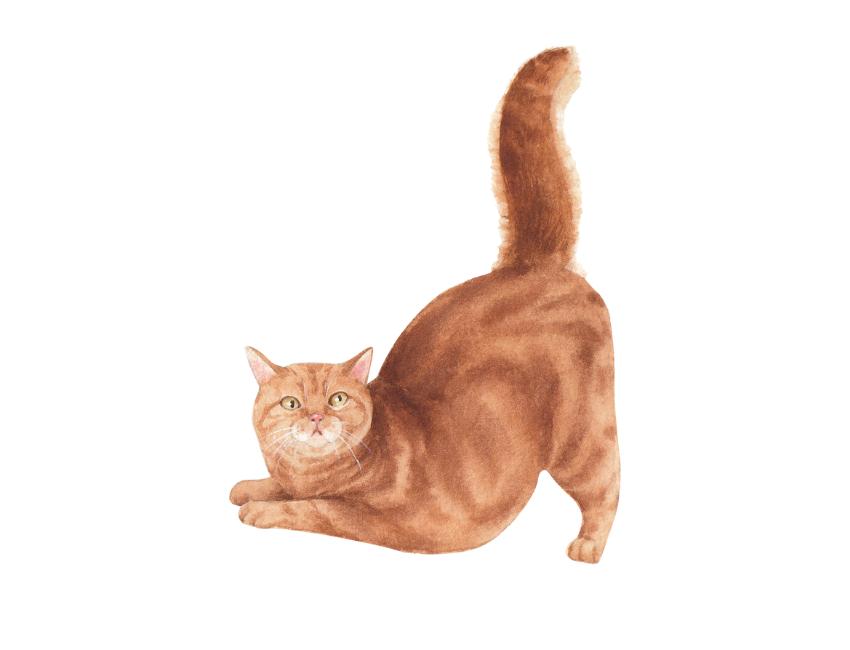
Frequently Asked Questions
Are fruits a healthy snack option for persian cats?
Yes, fruits can be a healthy snack option for Persian cats. Fruits like apples, pears, and melons provide vitamins and minerals that are important for cats’ health. Be mindful, however, to avoid fruits with seeds, as they can be harmful if swallowed. Additionally, only offer fruits as a snack and not as a meal replacement, as a balanced diet of proteins and healthy fats is necessary for cats’ overall well-being.
Can fruits provide persian cats with important nutrients?
Yes, fruits can provide Persian cats with important nutrients such as vitamins, minerals, and antioxidants. However, it should be noted that cats are natural carnivores and should not be fed an all-fruit diet. Therefore, fruits should only be fed in moderation, as a supplement to their regular diet.
Is it safe to give persian cats pieces of fruit as treats?
Yes, it is safe to give Persian cats pieces of fruit as treats. However, fruit should be given to cats in moderation, as too much can cause an upset stomach. Persian cats can enjoy a variety of fruits, such as apples, bananas, and cantaloupe. Just make sure to remove any seeds or pits, as these can be dangerous for cats to consume.
How can owners ensure that their persian cats are eating the right amount of fruit?
Owners can ensure their Persian cats eat the right amount of fruit by offering them different fruits to see which ones they enjoy, and then sticking to that. It’s also important to monitor their intake and ensure it’s not too much, as eating too much fruit can cause upset stomachs or diarrhea. Additionally, Persian cats should only eat fruits that are specifically meant for cats, as regular fruits may contain seeds which could be harmful.

